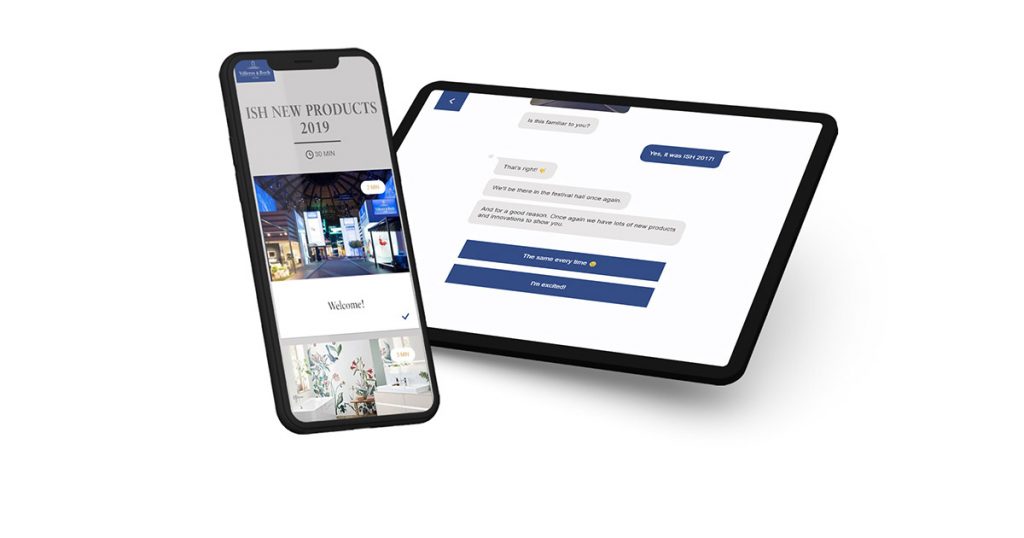
training for retail
Transforming retail training
with e-learning
The retail sector is a dynamic and rapidly changing environment. Advancing technologies, intense competition, and evolving consumer demands, all drive transformation. Training employees to stay ahead of these changes is critical to the success of any retailer.
For decades, we’ve helped some of the world’s biggest brands to maximise their retail training ROI. Here we look at the unique challenges faced by the retail sector and how great e-learning can help overcome these challenges.
Unique training challenges in the retail sector
- High employee turnover: The retail sector is notorious for high employee turnover rates. The average retail employee turnover is 60.5% in the US and 57.3% in the UK. This makes it essential for retailers to invest in training for new hires, but also to engage and retain your best existing employees.
- Seasonal workforce: Retailers often employ a large number of temporary or seasonal workers, who require quick and efficient training to perform their roles effectively.
- Diverse workforce: Retail employees come from various backgrounds and possess varying levels of skills and experience, making it challenging to develop and deliver consistent training that feels relevant to your learners.
- Dispersed workforce: Retail companies often operate across multiple locations, making it difficult to coordinate and deliver in-person training.
- Rapid technological advancements: The integration of new technologies, such as e-commerce, mobile payments, and inventory management systems, requires retailers to continually upskill their workforce.

Why e-learning is great for retailers
- Cost-Effectiveness: E-learning platforms can significantly reduce the costs associated with traditional training methods, such as travel, accommodation, and printed materials. This allows retailers to maximise their training budgets and allocate resources more effectively.
- Flexibility and Scalability: E-learning provides retail employees with the flexibility to access training materials anytime, anywhere. This enables employees to learn at their own pace and schedule, leading to higher engagement and completion rates. Furthermore, robust e-learning platforms can be easily scaled to accommodate a growing workforce or the introduction of new technologies.
- Personalisation: E-learning platforms can be customised to create personalised learning paths, catering to the individual needs of retail employees. This ensures that each employee receives training that is relevant to their job role and helps them fill their skill gaps. Such learning personalisation can help employees to feel valued and increase staff retention levels.
- Consistency and Compliance: E-learning platforms ensure that all employees receive the same training content, promoting consistency across the organisation. Moreover, they can be updated quickly to reflect changes in regulations or company policies, keeping employees up-to-date with the latest requirements.
- Analytics and Performance Tracking: The best e-learning platforms, such as the imc Learning Suite, provide detailed analytics on employee performance, enabling retailers to track progress, identify areas that require improvement, and provide targeted support.
- Engaging and Interactive Content: E-learning platforms offer a variety of multimedia content, such as videos, quizzes, and simulations, making the learning experience more engaging and enjoyable for retail employees. Easy to use e-learning authoring tools like imc Express can allow your own subject matter experts to create engaging e-learning as and when needed to share with colleagues - without the need for design or technical experience.
Retail e-learning examples
How to get started
E-learning presents retailers with a powerful tool to address the unique training challenges they face, such as fast-changing product lines and high employee turnover. By leveraging the benefits of modern e-learning, retailers can continually upskill their workforce, ensure training consistency, and foster a culture of continuous learning.
The result is an engaged, skilled, knowledgeable workforce that’s ready to tackle the challenges of a competitive retail landscape.
Are you involved in retail L&D and want to learn more about how the best in modern e-learning can support your training? Get in touch - we'd love to hear from you!

